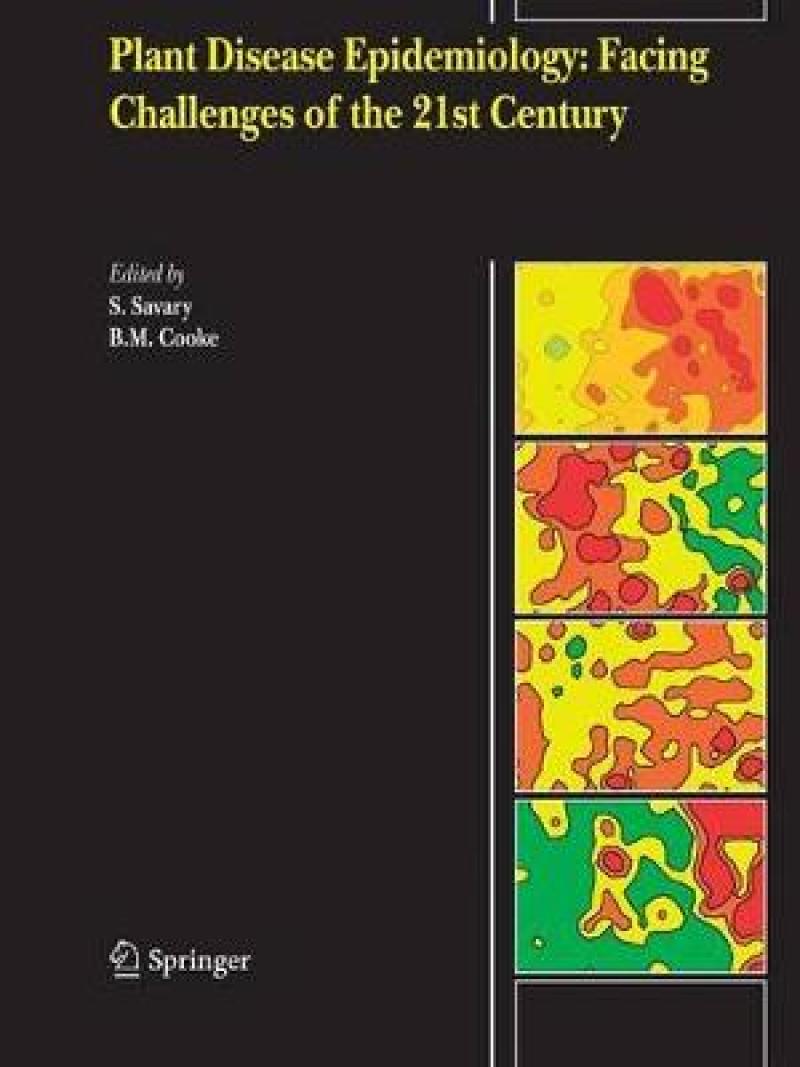Plant disease epidemiologists have a strong scientific tradition in studying climate-pathogen-disease relationships. Biodiversity is also of global concern. The decline of global biodiversity that is currently taking place has been referred to as the sixth great extinction process our planet has experienced during its history, but this time, it is man-made. Generations of plant pathologists, and especially, of plant disease epidemiologists, have been dealing with biodiversity. It is from this diversity that presumably the most potent instrument for disease management has been developed by plant pathologists: host plant resistance. Host plant diversity, and the disease resistance genes it harbours, can be deployed over time and space, according to epidemiological principles. Sustainable production and protection systems also need to be devised which could exploit scarcer resources sparingly, and if possible enhance the resource base. Plant disease epidemiologists alone cannot provide answers to such questions, but certainly could significantly contribute to these new strategies. This book provides an overview of some of the latest research in plant disease epidemiology from researchers at the cutting edge of this important discipline.
Plant disease epidemiology deals with diseases in plant populations. During the past century, it has become a vibrant field of science, achieving significant conceptual innovations with an important impact on the management of plant diseases. Plant disease epidemiology mobilises concepts and methods from ecology, genetics, environmental physics, botany, and mathematics. It deals with cultivated and non-cultivated plants in environments where human activities may have had an impact. Now, plant disease epidemiology faces important questions. Global climate is changing at a rapid rate: will it render plant diseases more, or less, harmful to man-made ecosystems? There is much debate on this issue, partly because climate has sometimes very large effects on the local environment of growing plant canopies, and because the physical micro-environment so strongly influences plant diseases and their consequences on ecosystem functioning and performance and the way they are managed. Plant disease epidemiologists have a strong scientific tradition in studying climate-pathogen-disease relationships. Biodiversity is also of global concern. The decline of global biodiversity that is currently taking place has been referred to as the sixth great extinction process our planet has experienced during its history, but this time, it is man-made. Generations of plant pathologists, and especially, of plant disease epidemiologists, have been dealing with biodiversity. It is from this diversity that presumably the most potent instrument for disease management has been developed by plant pathologists: host plant resistance. Host plant diversity, and the disease resistance genes it harbours, can be deployed over time and space, according to epidemiological principles. Sustainable production and protection systems also need to be devised which could exploit scarcer resources sparingly, and if possible enhance the resource base. Plant disease epidemiologists alone cannot provide answers to such questions, but certainly could significantly contribute to these new strategies. This book provides an overview of some of the latest research in plant disease epidemiology from researchers at the cutting edge of this important discipline.
Reprinted from European Journal of Plant Pathology, Volume 115, No. 1, 2006
